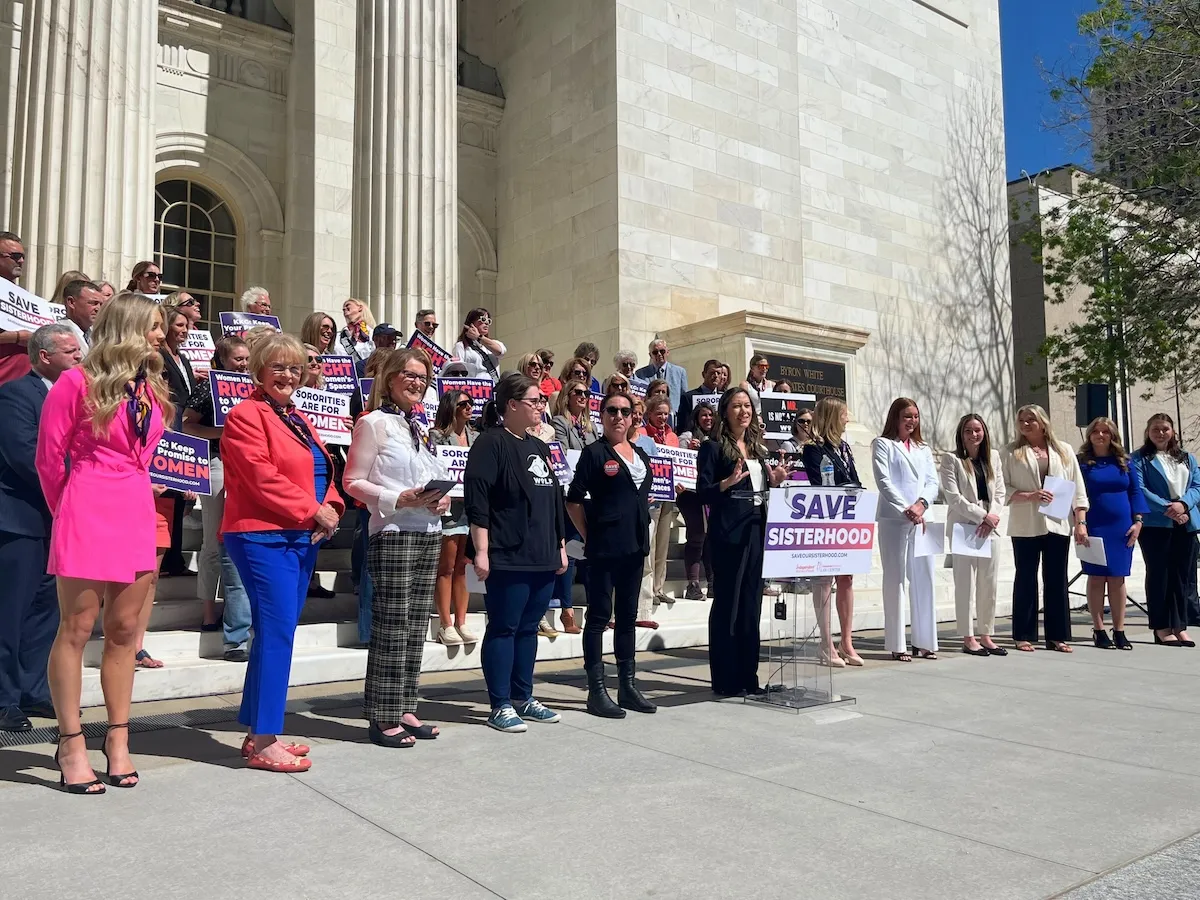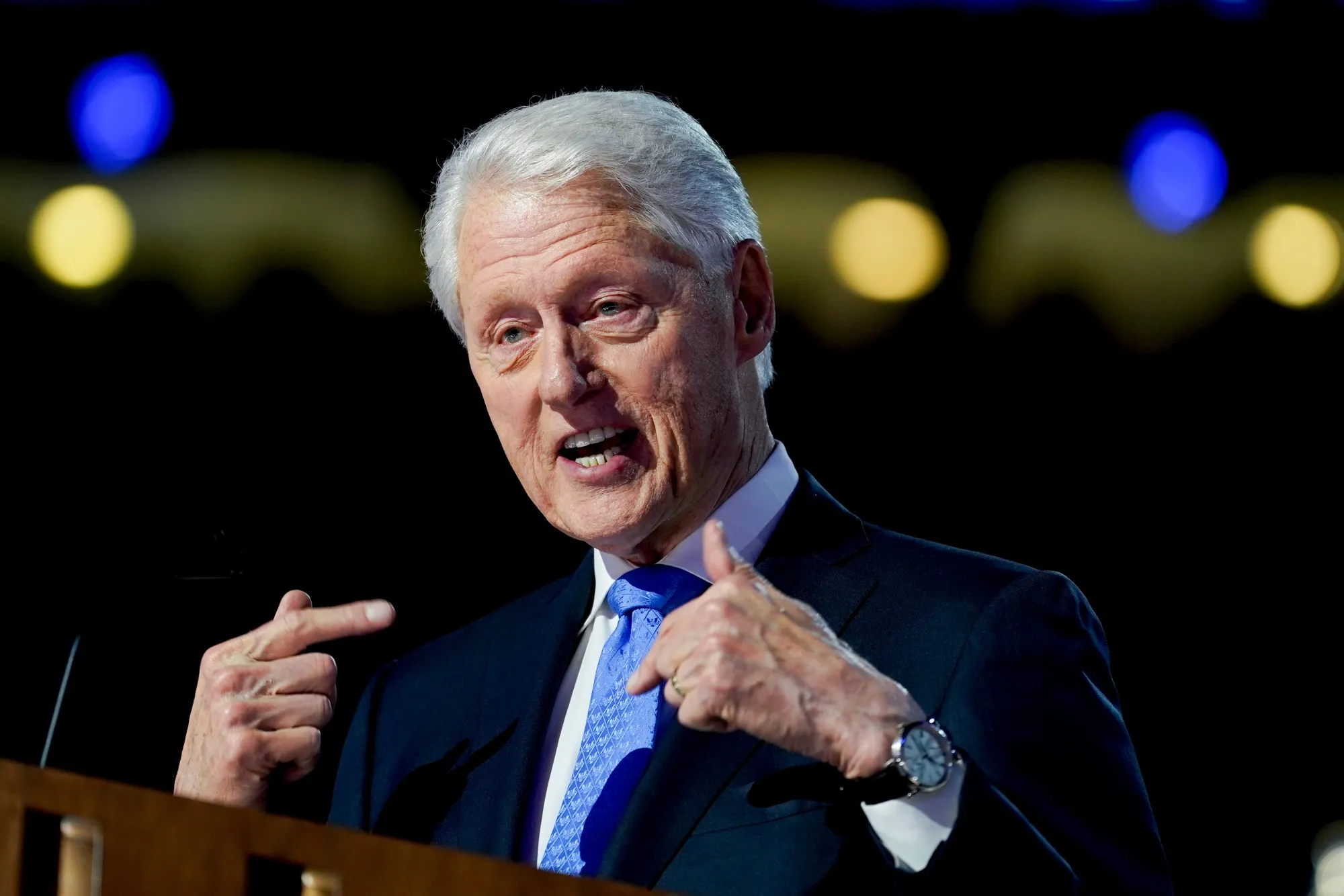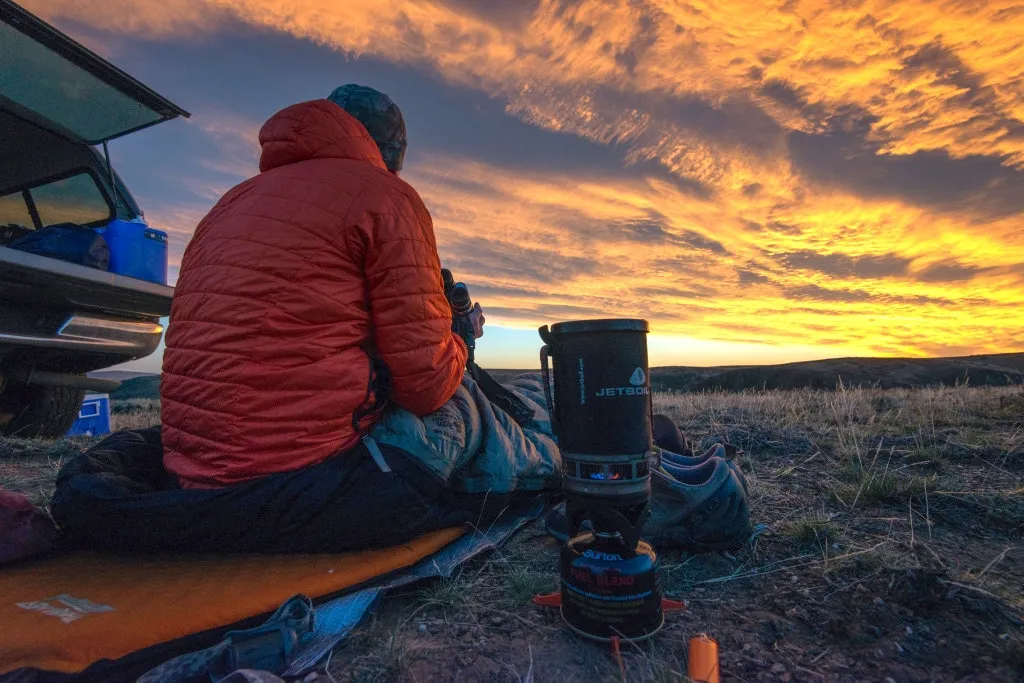Wyoming and Montana have jointly filed a lawsuit against the US Bureau of Land Management (BLM) in an effort to overturn the agency’s decision to prohibit new federal coal leasing in the Powder River Basin.
The states contend that the BLM’s amendment to the Buffalo Resource Management Plan (RMPA) is unreasonable, unjustified, and in violation of federal law.
According to Wyoming Governor Mark Gordon, the BLM’s decision disregards the economic implications for the region and fails to uphold the federal multiple-use mandate.
“Instead of working with the states to address their concerns, BLM pushed through their narrow-minded agenda to stop using coal, ignoring the multiple-use mandate and the economic impacts of this decision, including skyrocketing electricity bills for consumers. They did not do their job properly,” Governor Gordon said.
The lawsuit alleges that the BLM’s record of decision violates the Federal Land Policy and Management Act (FLPMA) and the National Environmental Policy Act (NEPA). Both laws require federal agencies to consider the economic and environmental impacts of their decisions and to respond to the input of affected stakeholders.
The states argue that BLM’s final decision represents a significant departure from previous coal leasing policies and failed to properly address objections from Wyoming, Montana, local government agencies, industry representatives, and members of Congress.
“Even though these states, their agencies and counties, industry groups, and members of Congress objected to the proposed management plan, BLM gave their concerns short shrift and moved forward with its own agenda,” the lawsuit states.
Coal production in the Powder River Basin plays a critical role in Wyoming’s economy. The region spans northeast Wyoming and southeast Montana and is a major supplier of the nation’s coal. Despite the importance of the resource, coal production has faced challenges in recent years, with no new coal leases being purchased since 2012. Market conditions, as well as a shift in energy preferences toward renewables and natural gas, have driven much of this trend.
The BLM justified its decision, in part, by noting that existing coal leases would allow mining operations to continue until 2041 at the current rate of production. However, Wyoming officials contend that ending new leasing could accelerate the decline of coal-dependent communities and industries.
Governor Gordon emphasized the broader economic consequences of the decision, citing lost jobs and higher electricity bills for consumers as key concerns. According to state officials, coal mining in the Powder River Basin supports approximately 5,000 direct jobs, with thousands more in related industries.
To support the lawsuit, Governor Gordon drew from Wyoming’s Coal Litigation Fund, a resource established by the Wyoming Legislature to defend the state’s interests in coal-related litigation. The fund was recently increased by $800,000, adding to an existing $1.2 million allocation. These funds were used to contract the legal expertise of Consovoy McCarthy, a private firm with experience in federal administrative law.
“Wyoming will continue to lead in the fight against federal overreach. I look forward to the courts scrutinizing this misguided and politically-driven amendment which consciously ignored our country’s increasing demand for affordable energy,” Governor Gordon stated.
Coal consumption in the US has been on the decline for more than a decade. Economic forces and consumer demand for cleaner energy alternatives have prompted electricity providers, like PacifiCorp’s Rocky Mountain Power, to shift toward renewable energy and nuclear power. Despite these trends, Wyoming officials argue that coal remains a critical source of affordable energy and plays a role in maintaining grid reliability.
Critics of the lawsuit note that the demand for new coal leases has been minimal, as no companies have applied for a new federal coal lease in Wyoming since 2012. However, supporters of the lawsuit argue that maintaining the option for new leases is essential for long-term economic stability.
This latest lawsuit is part of Wyoming’s broader strategy to challenge federal regulations perceived as harmful to the state’s economy. Governor Gordon’s office reports that Wyoming is currently involved in more than 50 lawsuits against Biden administration regulations affecting the fossil fuel industry.
Local officials and lawmakers, including the Wyoming Freedom Caucus, have pushed for aggressive legal action to defend the state’s coal interests. Some critics argued that Governor Gordon should have filed the lawsuit sooner, but state officials said Wyoming had to wait for the BLM’s final order in November to establish legal standing.
The fate of coal leasing in the Powder River Basin will now be decided in federal court. Wyoming and Montana are challenging what they view as an overreach of federal authority, while the BLM argues that the decline in coal demand justifies a shift in leasing policy. For now, existing coal mining operations will continue, but the long-term future of coal leasing in the Powder River Basin remains uncertain.
Governor Gordon reiterated Wyoming’s commitment to the legal fight, stating:
“I look forward to the courts scrutinizing this misguided and politically-driven amendment which consciously ignored our country’s increasing demand for affordable energy.”
With input from Wyo File, Sheridan Media, and Wyoming Public Media.









